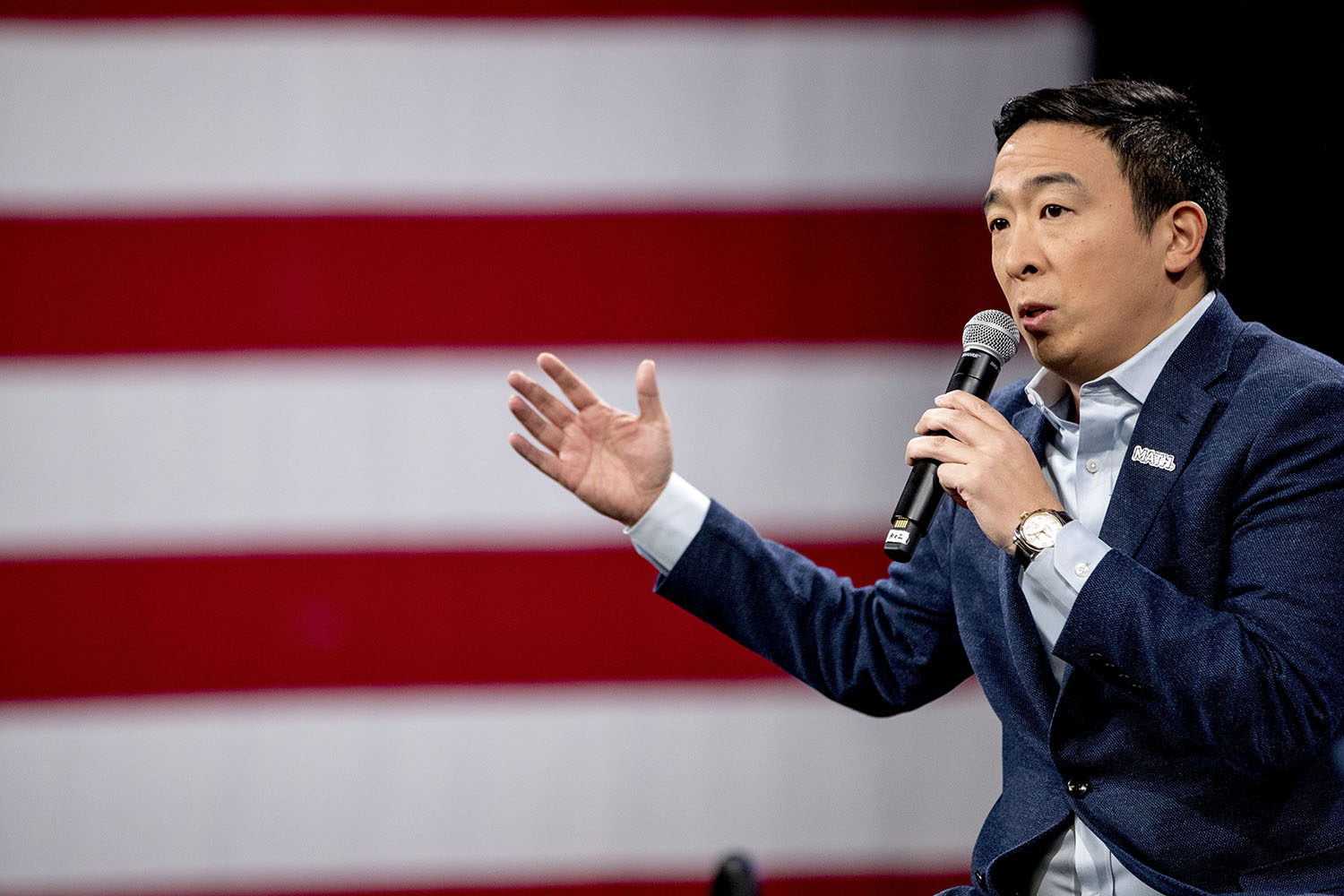Andrew Yang, famed for his flagship endorsement of universal basic income – a system in which the working is taxed to subsidize laziness – came under some harsh criticism during a mayoral debate. Oddly enough, he was getting lampooned for a good idea; something that is not forgivable in today’s political discourse. Yang made the mistake of proposing to solve a problem, the problem of New York City’s ballooning homeless and mentally ill population.
Yang had also made mention of the increased number of “hate crimes” against Asian Americans by mentally ill persons – a trend that strangely only seems to be an issue in deep blue areas. Yang, rightly, said, “Yes, mentally ill people have rights, but you know who else have rights? We do: the people and families of the city…We have the right to walk the street and not fear for our safety because a mentally ill person is going to lash out at us.” But as has become the norm in New York, no good point can go unpunished.
Indeed, mental illness and homelessness positively correlate to a very high degree. Depending on the kind of mental illness, there can be a certain lack of impulse control that can lead to violent outbursts. Honest people can have these discussions. Virtue signaling crybabies jockeying for the “Best Human Being on Earth” award on Twitter cannot.
Birds of a feather, perhaps?
If there is one facet of Yang’s comments that could be considered heinous, it might be the part where he disregards a person’s chooses to seek treatment and medication. However, glossing over and foregoing a real, earnest conversation on how to solve the mental health crisis, and, in tandem, the explosive crime rates in New York and many other major metros across the country, is much more irresponsible. Panning Yang for “lacking compassion and empathy” is a mere dismissal of the larger issue. Problems are not solved by polity allowing them to persist – on that note, Yang is actually right for a change.


